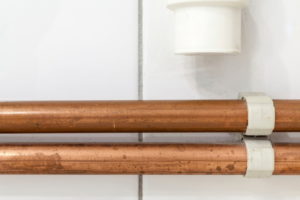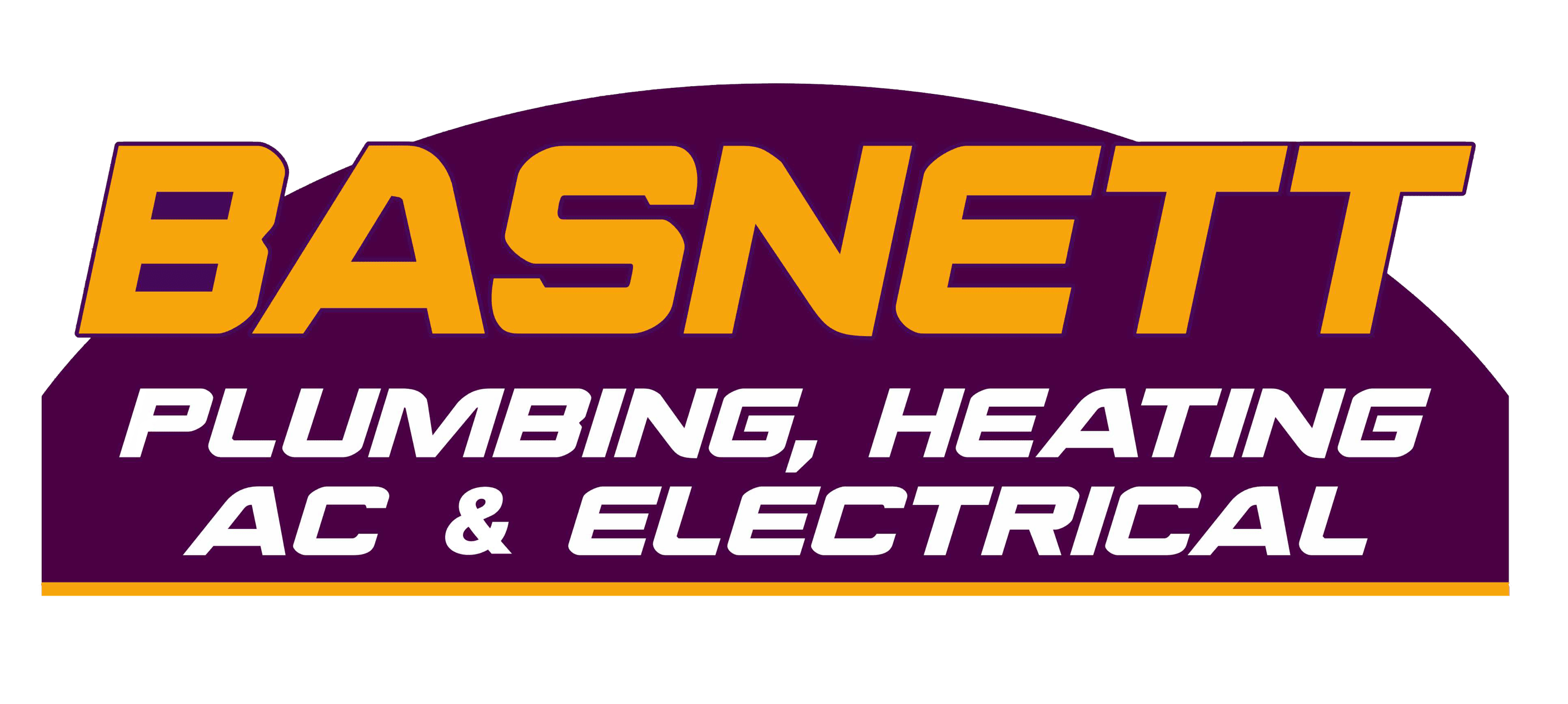Pinhole Leaks: A Sinister, Sneaky Plumbing Problem

But people often get the idea that copper doesn’t corrode at all, which isn’t true. A corrosion-resistant metal isn’t a corrosion-proof metal. There is a type of corrosion that affects copper, and it can lead to one of the most insidious of all plumbing problems: pinhole leaks.
Pinhole Leaks Are Just What They Sound Like
It’s right there in the name: pinhole leaks are tiny leaks that open up along pipes and allow small amounts of water to drip or spray out. It’s easy to dismiss leaks this small, but pinhole leaks are major trouble for two reasons.
First, there’s no such thing as a “minor” leak in a home’s plumbing. A small leak will still create significant building damage as it builds up, and the standing water allows for the growth of mold and mildew. Second, pinhole leaks spread and worsen. The reason they start up in the first place is because of the special type of corrosion that affects copper: formicary corrosion.
What Is Formicary Corrosion?
Formicary corrosion is caused by a reaction between copper and certain chemicals in air and water, such as formaldehyde (which is present in almost any home). Many types of materials in a house can put these chemicals into the air: cosmetics, cleaning products, varnish, paint, hobby products. It’s almost impossible to get rid of them, even with great indoor air quality products. They also occur in water, which is often how they get to copper parts and create formicary corrosion.
This type of corrosion is difficult to see with the naked eye. It occurs in patches that weaken the metal to the point where small leaks start to open up. If the pipe section is not replaced, the corrosion will continue to expand, leading to even more pinhole leaks.
To repair pinhole leaks, plumbers will cut away the affected section of the pipe and then replace it with a new one clamped and soldered into place. Although these leaks are difficult for homeowners to see, professional plumbers use leak detection methods and equipment that allows them to find the exact place where the leaks are occurring. This helps them to get the job done speedily and with the least amount of damage to building material and patching up afterward.
Professional Plumber on the Job
To handle all your Concord, MA plumbing needs, get in touch with our plumbers. We’ll arrive on time and get jobs done in a timely fashion with as little disruption to your life as possible. It’s important to us that we complete the job right the first time. Thanks to our advanced tools, we can locate pinhole leaks around your house and have the pipes repaired.
Need plumbing repairs? Call on Basnett Plumbing, Heating & AC—trusted for over 30 years.
Need HVAC Service?
Contact the experts at Basnett Plumbing, Heating, AC & Electrical.
Call us at 978-431-2906!
